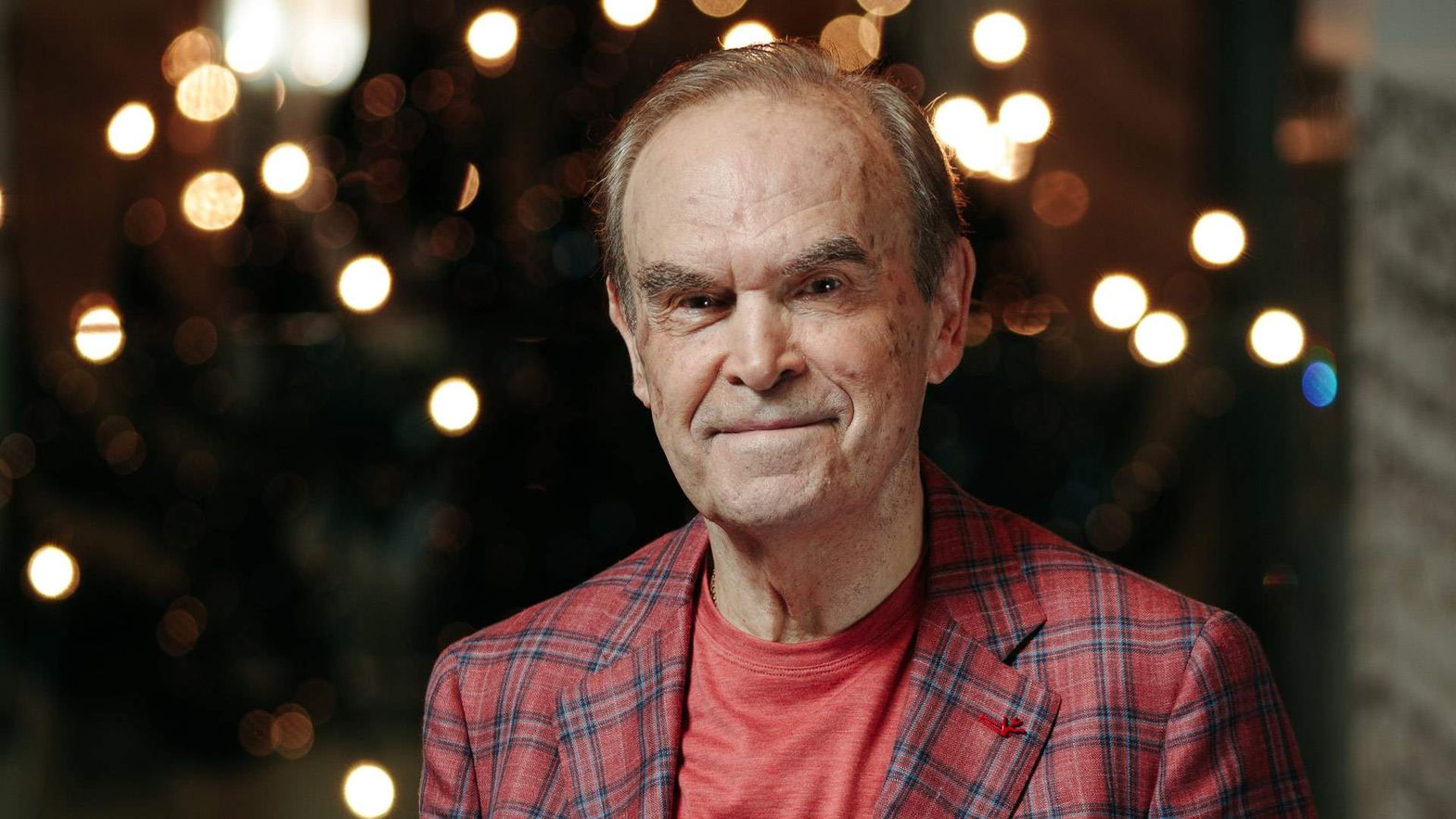 ©Sabine Cattaneo
©Sabine Cattaneo
How can one even try, hoping also to avoid the pain of the circumstances, to sum up a life as long and complex as that of Gleb Panfilov, one of the most important Russian filmmakers, who lived through a large chunk of the Soviet Union’s history and its endless freedom-averse contradictions? Gleb Anatol'evič Panfilov, born in 1934, was a chemist and stage director before transitioning to film. Locarno remembers him for the Pardo d’oro he won in 1967 for No Path Through the Fire. Based on a novel by M. Gor′kij, the film revolves around the tragic story of a nurse working on a hospital train during the Russian Civil War. Sadly, the award was confiscated by Soviet authorities, and this saddened Panfilov greatly, even though he went on to receive other prizes such as the Golden Bear in Berlin in 1987 for Tema (filmed in 1979 but not released until 1986) and the award for Best Artistic Contribution in Cannes in 1990 for Mother. In 2021, Panfilov had just finished shooting 100 Minutes, an Aleksandr Solzhenitsyn adaptation starring the intensely magnificent Inna Churikova (in her last ever role) and Filipp Yankoskyy. The film played in Piazza Grande, where it was greeted warmly by audiences from Locarno and abroad, and Panfilov was visibly moved to finally be at the Festival with his wonderfully ecstatic cast. No presentation could have been more chaotic, but their enthusiasm was palpable. It felt as though the Piazza was bearing witness to historic restitution. As though art and cinema were making up for the oppression of political obscurantism, of censorship, of lack of freedom. Today, Gleb Panfilov’s passing has barely been remarked upon in the media. The news circulates within a small circle of cinephiles. And yet, his films remain. Now more than ever, when we desperately need peacemakers like him.
Giona A. Nazzaro